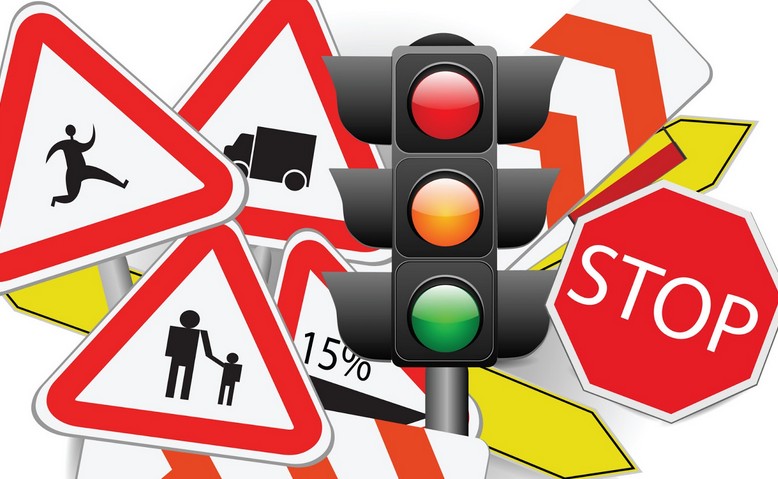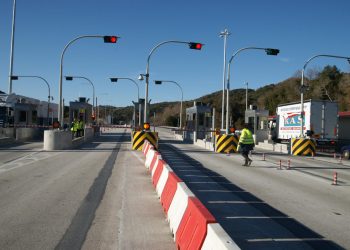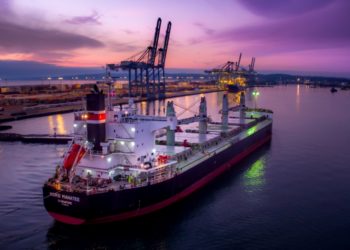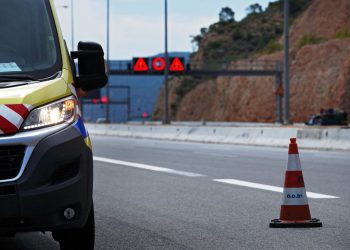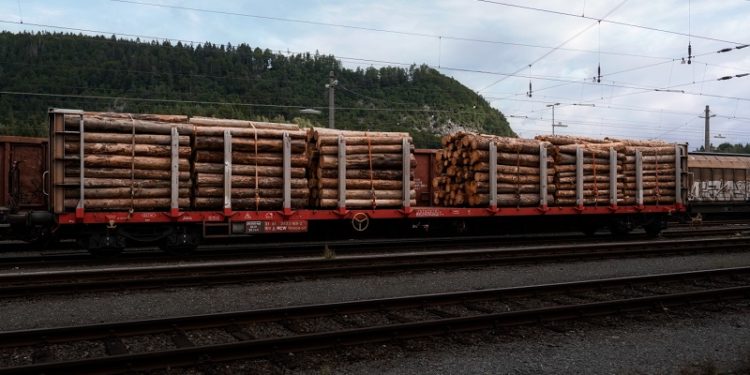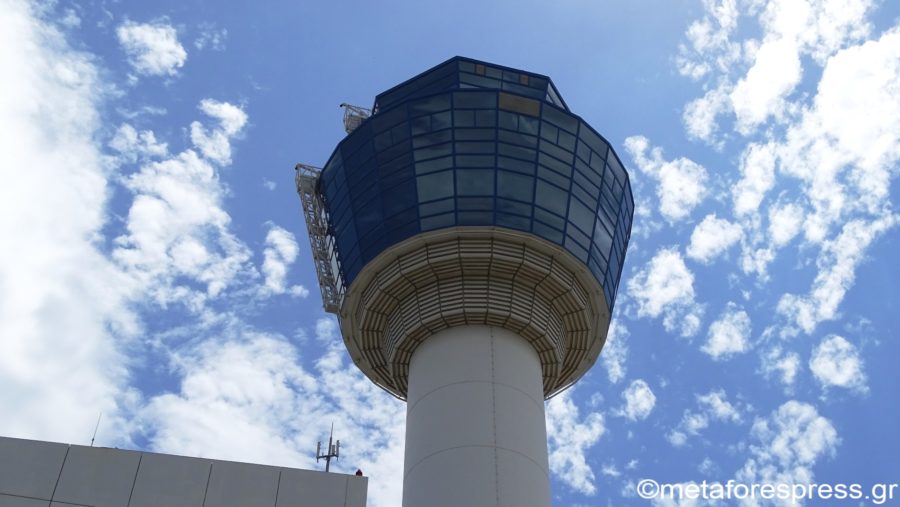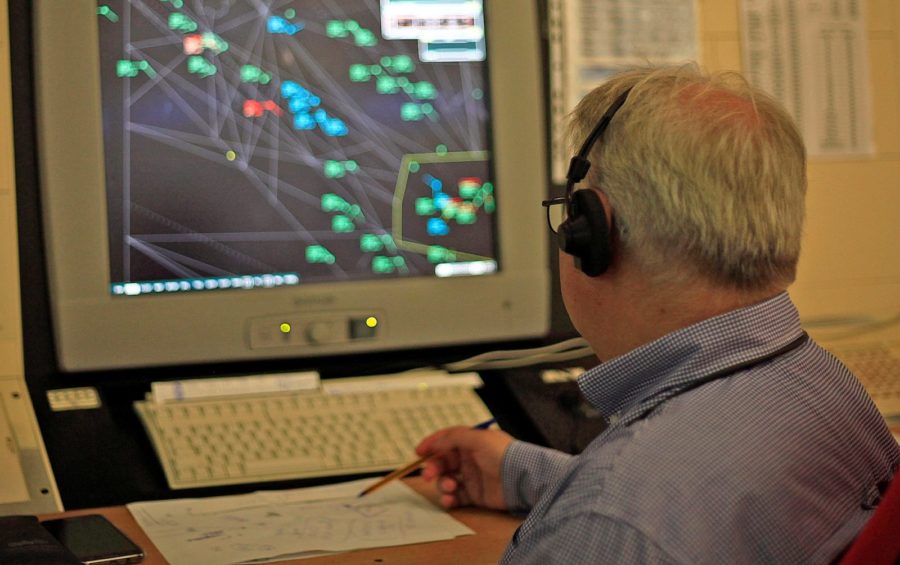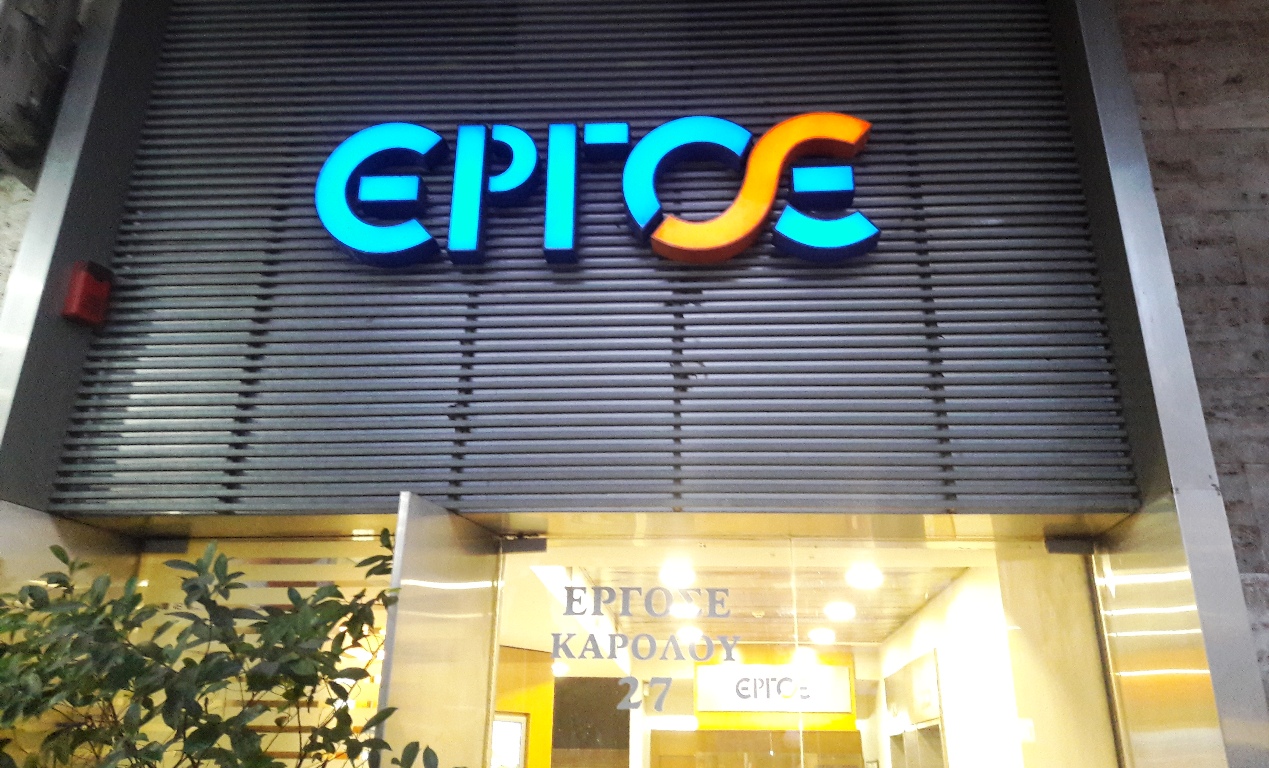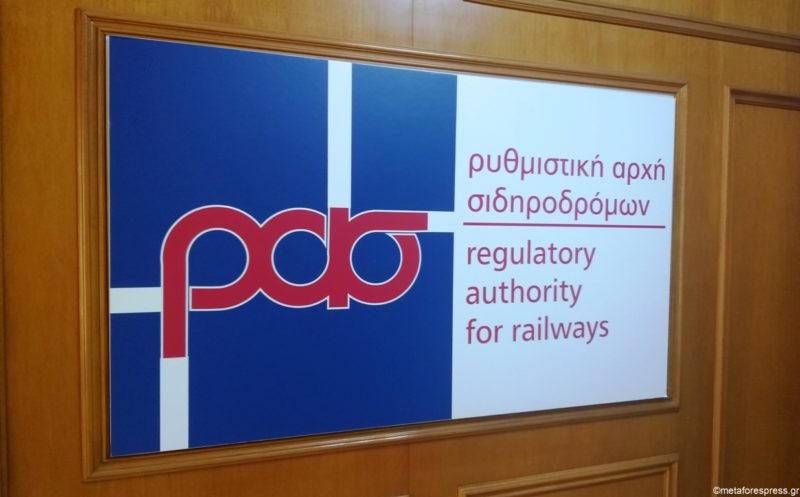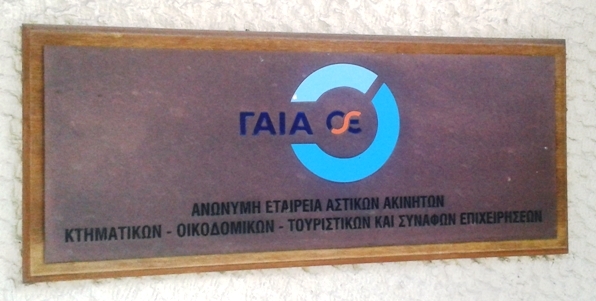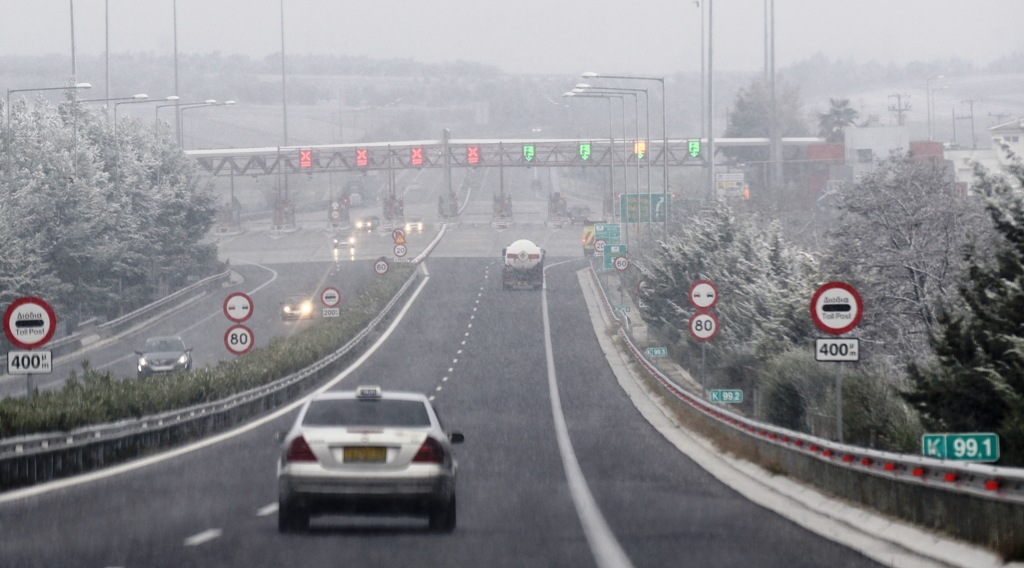In the context of the Swedish Presidency of the European Union, the signature of the Memorandum of Understanding (MoU) between RailNetEurope (RNE) and the Europe’s Rail Joint Undertaking (EU-RAIL), took place during the Rail Transport Day in Stockholm, Sweden on 30 May 2023.
The MoU aims at formalising the collaboration between RailNetEurope and the Europe’s Rail Joint Undertaking. Through this agreement, both organisations are committed to foster an integrated, high-capacity European railway network by eliminating barriers to interoperability and building upon a harmonised functional system architecture shared by the sector.
The collaboration facilitated by this MoU will cover traffic management and capacity allocation, exchange and communication of railway related data, infrastructure, and services, aiming to achieve higher railway sector efficiency, faster uptake and deployment of projects and innovations, and leverage the huge potential of digitalisation and automation to reduce rail’s costs, increase its capacity and enhance its flexibility and reliability.
The objective of the MoU is to ensure knowledge exchange and collaboration in the following areas crucial for the European railway sector:
- EU-Rail System Pillar, following the mandate to develop a unified operational concept and a functional, safe and secure system architecture, as well as cooperation with the EU-Rail Flagship Areas, more specifically FA1 Network management planning and control and Mobility and FA5 Sustainable Competitive Digital Green Rail Freight Services
- Research and development of innovative solutions, including providing the necessary experience and sector engagement and ensuring that the concepts and designed solutions are interoperable and that legacy solutions can be migrated according to a clear migration strategy
- Ongoing sector initiatives in which also EU-Rail Members and RNE are involved, specifically digital infrastructure information, timetable redesign, digital capacity management, digital train information, including tracking and tracing, traffic management and IT architecture, among other topics.
The event was the perfect occasion for the European railway and transport community to acknowledge the importance of rail automation and digitalisation and the role of research and innovation. While at the same time also officially launch the collaboration, as well as exchange on how the agreement will help delivering on European Union Green Deal and the Sustainable and Smart Mobility Strategy objectives.
Commenting on the Memorandum of Understanding, Acting Director-General at the European Commission Maja Bakran, said: “This is very welcome cooperation, which will help Europe’s Rail deliver on key milestones on our way to a digital, interoperable EU rail sector. The contribution of infrastructure managers is crucial here, and I look forward to experiencing the innovative solutions that will result from this collaboration.”
Joachim Kroll, Secretary General at RailNetEurope commented on the new agreement: “The cooperation between RNE and Europe’s Rail is a further step in bringing key players in the European rail sector closer together. The Memorandum of Understanding will allow Infrastructure Managers to better share their expertise and ongoing activities with Europe’s Rail through RNE. We believe that this will be of great benefit to both sides, especially in the areas of infrastructure capacity management, traffic management and digitalisation, and ultimately result in a more efficient, attractive and accessible European railway system. In addition, key European projects launched and organised through RNE, such as TTR/DCM (Timetable Redesign / Digital Capacity Management) or concepts for European traffic management, can be included in the JU strategy.”
Giorgio Travaini, Executive Director a.i. at Europe’s Rail Joint Undertaking, added: “This Memorandum of Understanding is important to Europe’s Rail as it creates an opportunity to collaborate on deeper level on topics related to infrastructure capacity allocation and rail traffic management, to foster crucial aspects of rail system transformation. Europe’s Rail work, with its Members and partners, creates an interoperable system in Europe that more efficiently uses the existing infrastructure resources and creates the additional flexibility that contributes to making rail operation between the Member States much easier. Those are essential elements toward the achievement of the Single European Railway Area and to meet the demands of the final customers.”
(EU-RAIL)

